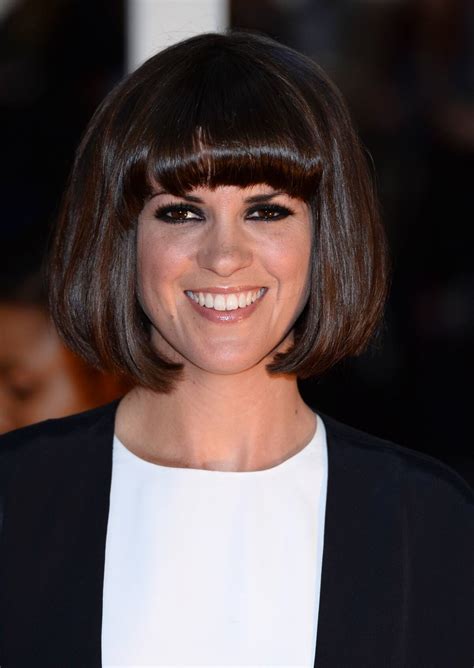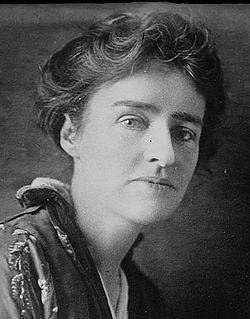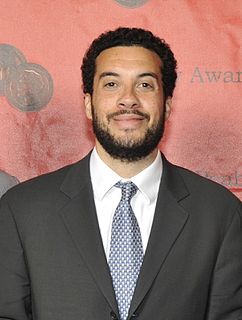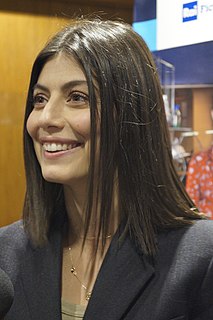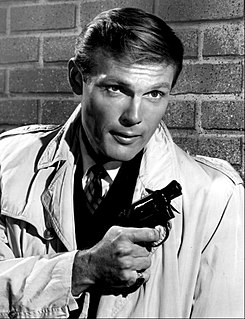A Quote by Dawn O'Porter
My aunty used to dress windows on Bond Street in the 60s and my family were furriers by trade, talking to me about dress making, quality, the 60s and shops in general throughout most of my childhood.
Related Quotes
I have an evening dress, pink mull over silk (I'm perfectly beautiful in that), and a blue church dress, and a dinner dress of red veiling with Oriental trimming (makes me look like a Gipsy), and another of rose-coloured challis, and a grey street suit, and an every-day dress for classes. That wouldn't be an awfully big wardrobe for Julia Rutledge Pendleton, perhaps, but for Jerusha Abbott - Oh, my!
My first AIDS campaign was in 1985. There was this dark cloud, everybody was socially inspired - we hadn't seen social consciousness like that since the '60s - but most people were talking about hunger in Africa. Nobody was talking about this really ominous circumstance here in the U.S. because of this fear of stigma.
O.J. Simpson was primarily interested in O.J. His rise to fame in the late '60s coincided with the period where black athletes were more outspoken and political than in any era. You're talking about the generation of black athletes that came about after Jackie Robinson. Athletes after that were just happy to find a place in sports. But when you got to the mid-'60s, you had athletes like Jim Brown and Muhammad Ali, who were very outspoken on the issues of race and civil rights.
Simplicity is the base of everything. At the end of the day if you feel good about yourself, you don't need anything. You don't have to depend on the power of a dress to dress you up. You wear dress the dress, it's not the opposite. It's not only a designer, it's not only just fashion, it's a philosophy. It's a lifestyle.
